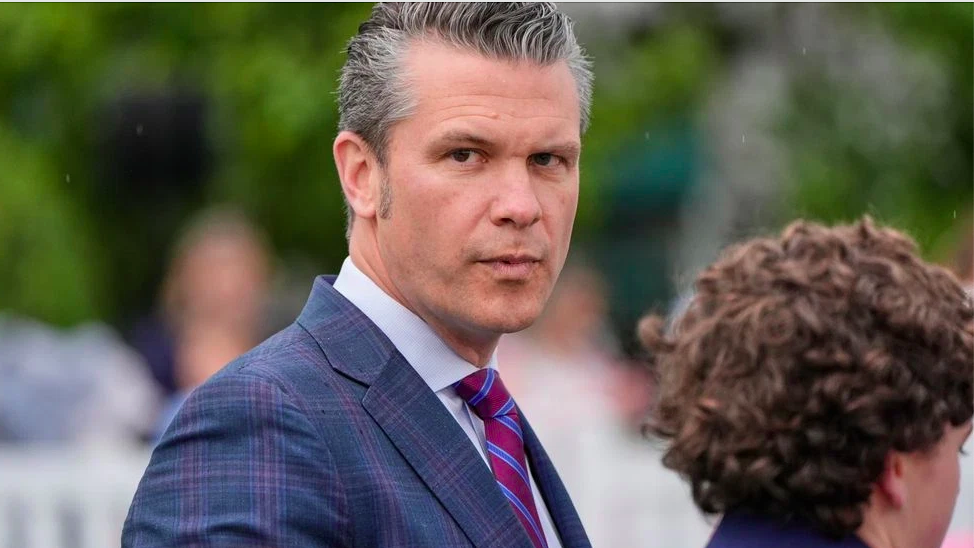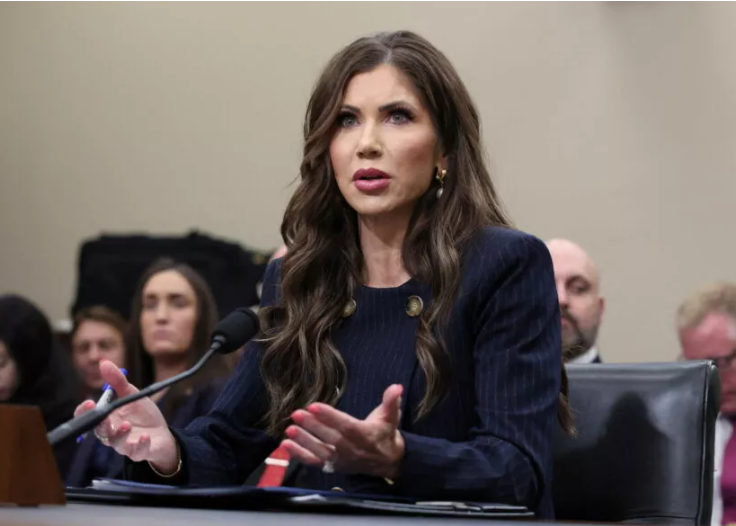Hegseth Terminates Pentagon Program Targeting Female Participation
Defense Secretary Pete Hegseth announced the termination of the Pentagon’s Women, Peace, and Security (WPS) program, labeling it a “woke divisive/social justice/Biden initiative” that distracts from the military’s core mission of war-fighting.
The WPS program, signed into law in 2017 during President Donald Trump’s administration, aimed to enhance women’s roles in peace-building and security efforts. Despite its bipartisan origins, Hegseth criticized the initiative as being co-opted by left-wing activists and feminists, asserting that it overburdens military commanders and troops.
In a post on social media platform X, Hegseth stated, “WPS is a UNITED NATIONS program pushed by feminists and left-wing activists. Politicians fawn over it; troops HATE it.” He further indicated that the Department of Defense would comply with the minimum legal requirements of the WPS Act but would seek to eliminate it in future budgets.
This morning, I proudly ENDED the “Women, Peace & Security” (WPS) program inside the @DeptofDefense.
WPS is yet another woke divisive/social justice/Biden initiative that overburdens our commanders and troops — distracting from our core task: WAR-FIGHTING.
WPS is a UNITED…
— Pete Hegseth (@PeteHegseth) April 29, 2025
The decision has sparked criticism from various quarters, including members of Trump’s own administration who had supported the program. Secretary of State Marco Rubio and Homeland Security Secretary Kristi Noem, both of whom backed the WPS Act during their time in Congress, have not publicly commented on Hegseth’s move.
Senator Jeanne Shaheen (D-N.H.), who co-authored the Senate version of the WPS Act, condemned the termination, stating that Hegseth’s actions are part of a broader effort to dismantle diversity and inclusion initiatives within the military. She emphasized the program’s importance in promoting stability and security through the inclusion of women in peace processes.
Critics argue that the WPS program had tangible benefits, particularly in culturally sensitive regions where female engagement is crucial. Military leaders, such as Gen. Dan Caine, have credited the program with enhancing operations by facilitating better understanding of local communities in conflict zones.
Hegseth’s move aligns with his broader agenda to roll back diversity, equity, and inclusion efforts within the Department of Defense. Since taking office, he has ended celebrations such as Black History Month and removed certain books from the Naval Academy, actions that have drawn both praise and criticism.
Supporters of Hegseth’s decision argue that the military should focus solely on war-fighting capabilities and that social programs like WPS divert attention and resources from this primary mission. They contend that such initiatives, influenced by international organizations like the United Nations, may not align with U.S. military objectives.
Opponents, however, view the termination as a step backward in recognizing the valuable contributions of women in security and peace-building roles. They point to the bipartisan support the WPS Act received and its alignment with U.S. commitments to international norms on gender inclusion in peace processes.
The White House has not issued a statement regarding Hegseth’s decision. It remains to be seen how this move will impact the U.S.’s standing in global efforts to promote women’s participation in peace and security initiatives.
As the debate continues, the future of the WPS program and similar initiatives within the Department of Defense hangs in the balance, reflecting broader tensions over the role of social considerations in military policy.
Hegseth’s actions underscore a shift in defense policy priorities, emphasizing traditional military objectives over social programs, a stance that will likely influence ongoing discussions about the role of diversity and inclusion in national security.






